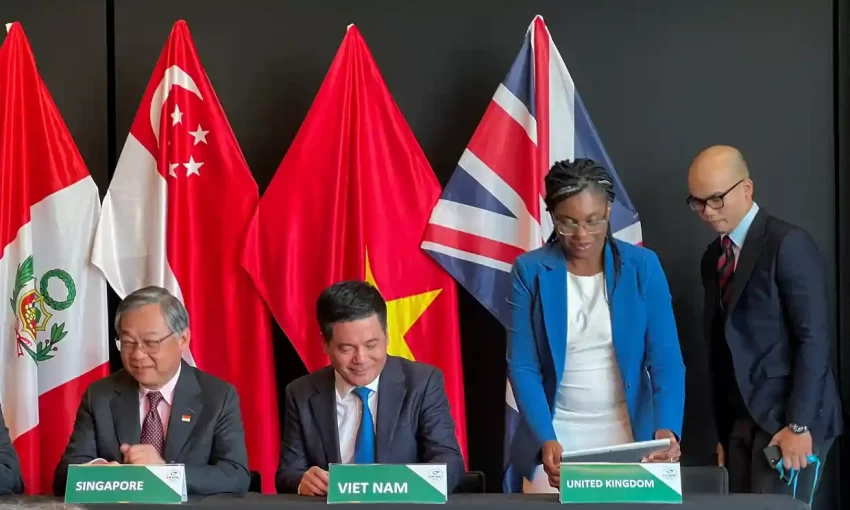The decision to cut nearly a seventh of trade posts within British consulates in the US has sparked outrage among the business community, with many viewing it as a severe blow to UK-US trade relations.
This move, described by one furious British businessman as “an act of arson,” sees 24 trade positions eliminated, including 18 from 139 posts in the trade department, just two weeks before Prime Minister Rishi Sunak called the general election.
Initially, post-Brexit Britain aimed to secure a comprehensive free trade deal with the US. However, as those hopes dwindled, successive Conservative governments turned their focus towards forging closer ties with individual US states. The civil servants responsible for these state-level deals have now been dismissed, causing significant concern among British business leaders in the US.
Jules Ehrhardt, a designer and investor who moved to the US in 2012, voiced the collective sentiment of disbelief and anger within the British business community. He lamented the loss of “centuries of relational and institutional knowledge core to the UK-US trading relationship.” Ehrhardt highlighted the critical role consulate directors played in connecting British and American business leaders, facilitating introductions, and providing invaluable advice and expertise.
Allan Rooney, founder of Rooney Law, emphasised the importance of these directors in establishing strong and mutually beneficial trade relationships between UK and US businesses. He warned that their removal would severely impact trade relations by eliminating a vital layer of strategic introductions and market familiarisation, crucial for British companies entering the US market.
The cuts have also raised concerns about the stability and continuity within UK consulates, traditionally staffed by Foreign & Commonwealth Office officials on four-year rotations. This constant turnover, according to another US-based British business executive, disrupts the consistency needed for effective trade relationships.
William Bain, head of trade policy at the British Chambers of Commerce, stressed the need to enhance support for companies aiming to increase their market share in the US. He highlighted the urgency of scaling up rather than cutting back on trade teams, particularly with the potential for critical mineral and digital trade deals with the US federal government on the horizon.
Despite high hopes from figures like Boris Johnson and Liam Fox for a robust trade deal with the US, efforts to persuade both Donald Trump and Joe Biden have fallen short. Last June, Rishi Sunak signed an “Atlantic declaration” with Biden, granting UK firms access to some US subsidies. However, state-level agreements have achieved modest success, recognising British professional qualifications and reducing regulatory barriers.
In response to the backlash, a UK government spokesperson stated that the trade and investment teams in America remain dedicated to advancing UK interests, driving investment, and strengthening the trading relationship with the US. They assured that the structures are continuously reviewed to maximise impact and provide the highest quality service to businesses while ensuring value for taxpayers.


